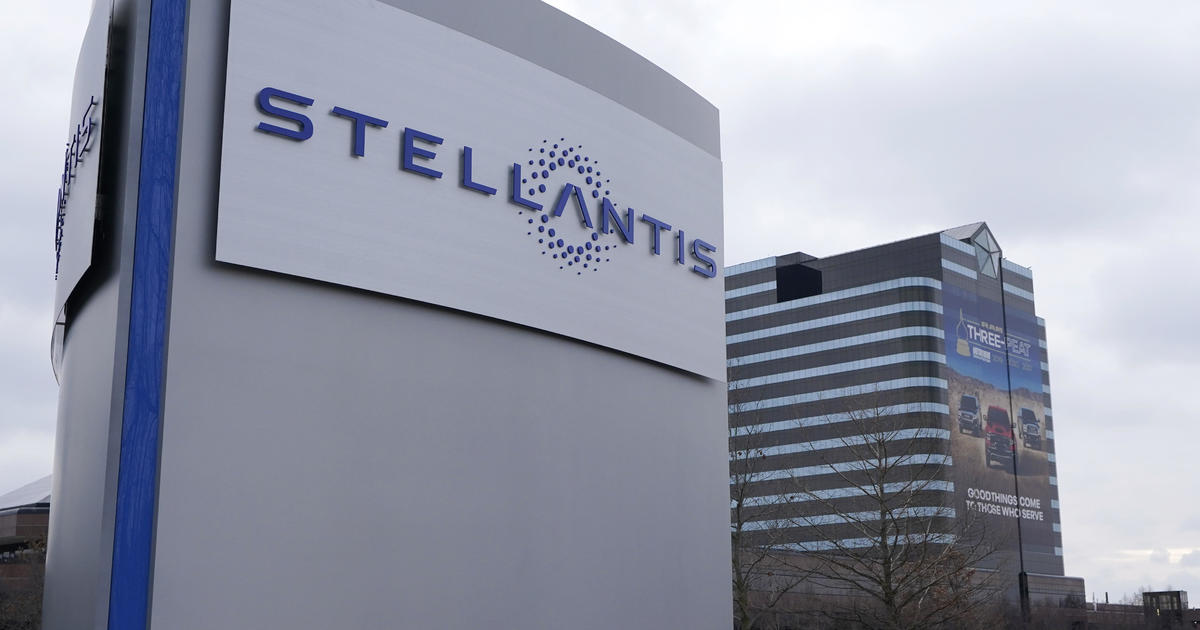Grant Thornton Says Supplier R&D May Be Hurt By Financing
Auto suppliers fighting for survival in North America during the recession may have cut their capital expenditures and research and development budgets too deeply and now face an uphill, ultra-competitive battle to attract new investors, according to Grant Thornton LLP's Corporate Advisory & Restructuring practice.
"Cash was king in the recession, so many suppliers cut muscle and not just fat to survive," said Grant Thornton partner Paul Melville. "Now, with production levels increasing and with new fuel economy, emissions and safety rules that have to be met, the need to invest in the future is greater than ever. But suppliers' needs may be growing faster than the willingness of investors to put money to work in the industry."
Melville cautions that the strong financial results recently posted by some suppliers may not paint a true picture of the industry's recovery.
"Sentiment is slowly improving and more investors are coming to the table, but we are advising our clients to look deeper because the earnings and cash flow numbers we are seeing are not normalized or sustainable because capital and R&D budgets were cut so deeply," said John Penchak, director, Transaction Advisory Services at Grant Thornton. "This doesn't necessarily mean that the companies aren't good investments. But it will impact valuations."
According to an analysis of 20 publicly-traded, global Tier 1 suppliers conducted by Grant Thornton, suppliers cut their total capital and R&D spending in 2009 by a combined amount of $3.3 billion, or an average of 29 percent, compared with 2008. However, sales only declined an average of 23 percent.
Recent stock deals by Ford Motor Co., the Tesla IPO and the pending IPOs of General Motors and some large suppliers have numerous observers feeling optimistic about the ability of the auto industry to attract investment. But these deals may not be the best gauge of investor sentiment.
"A lot of people bought into the glamour of Tesla and the GM IPO will be an historic milestone," Melville said. "But the real test for the health of the North American auto industry will be how successful supplier companies are at attracting private investment of both debt and equity capital. Private equity investment all but exited the auto segment during the recession. We're seeing signs that they are ready to return but not every company will get all of the funding they need when they need it. In addition, there is a bifurcation in the industry among large and small suppliers in terms of attracting commercial financing on reasonable terms."
According to the research firm Pitchbook, there were 58 private equity investments in the auto industry in 2008, 39 in 2009 and 9 in the first three months of 2010.
"Increasingly, suppliers are proving that they can be profitable in a sub-12 million unit industry but that hasn't been enough to satisfy some commercial lenders or open the door to the public market for many companies," Melville said. "Private equity, with its great tolerance for risk, can fill the gap. But they are going to be very selective. The most attractive companies will be those that are posting good cash flow and earnings and simultaneously investing for the future."
More at www.GrantThornton.com.
(c) 2010, WWJ Newsradio 950. All rights reserved.



